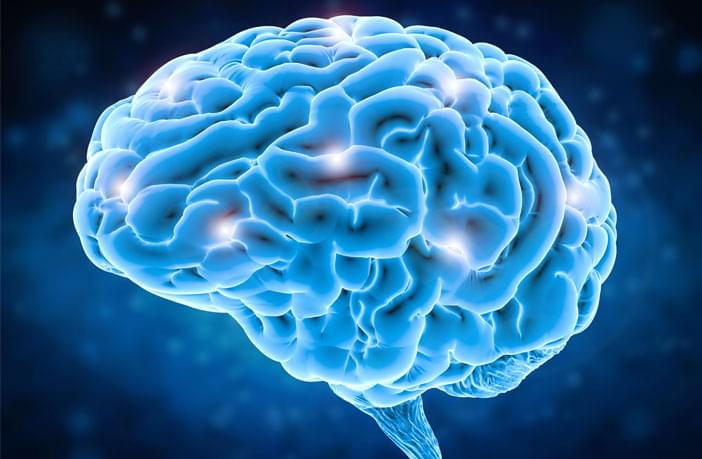Longitudinal data suggest music training acts as a cognitive buffer, protecting vocabulary development in adolescents from high-deprivation backgrounds.



While the participants viewed these images, the researchers recorded their electrocardiographic signals. They measured the heart rate variability during a resting baseline period before the images appeared. They continued to measure it while the participants viewed the images. Finally, they measured it during a recovery period after the images were removed from the screen.
The results contradicted the team’s initial predictions. The data showed a distinct decrease in vagally mediated heart rate variability when participants viewed the bonding images. This physiological shift did not occur when they viewed the control images.
The reduction in variability during the bonding condition indicates a phenomenon known as “vagal withdrawal.” The parasympathetic system reduced its activity, similar to how the body reacts to stress or a demand for attention. This reaction suggests the body was mobilizing rather than relaxing.


A new study suggests that anger and hatred are not merely different intensities of the same feeling but are distinct emotional systems with unique evolutionary functions. The study indicates that while anger motivates individuals to negotiate for better treatment, hatred drives them to neutralize or remove a threat. These findings were published in the journal Evolution and Human Behavior.
Scientists have long debated the relationship between anger and hatred. Some psychological models suggest hatred is simply a more intense or durable form of anger. Other perspectives argue they are qualitatively different.
The authors of the current study approached this debate through an adaptationist framework. This perspective views human emotions as evolved mechanisms designed to solve specific problems faced by our ancestors.

New research provides evidence that women with high levels of psychopathy are more likely to engage in physical, verbal, and indirect aggression against other women. The study indicates that while women generally favor covert competitive tactics, those with specific dark personality traits may bypass these social norms to target rivals directly. These findings were published in Evolutionary Behavioral Sciences.
Evolutionary theory suggests that humans compete for access to romantic partners through a process known as intrasexual selection. This competition can manifest in various ways depending on the sex of the individual. For women, biological factors related to reproduction play a significant role in shaping these competitive strategies.
The theory of obligatory parental investment notes that women face higher biological costs in reproduction than men. Because women carry the fetus during gestation and often care for infants, they must protect their physical well-being to ensure the survival of their offspring. This biological reality implies that direct physical confrontation is a high-risk strategy for women.




Is it possible to spot personality dysfunction from someone’s everyday word use? My colleagues and I have conducted research that suggests you can, and often sooner than you might expect.
Whether in a quick text message, a long email, a casual chat with a friend, or a comment online, the words people choose quietly reveal deeper patterns in how they think, feel, and relate to others.
Everyone has personality traits – habitual ways of thinking, feeling and behaving. When these patterns become rigid, intense or disruptive, they can cause ongoing problems with emotions, sense of self and relationships.
